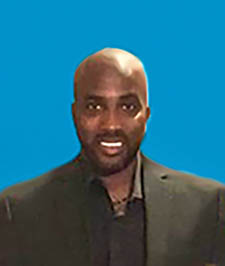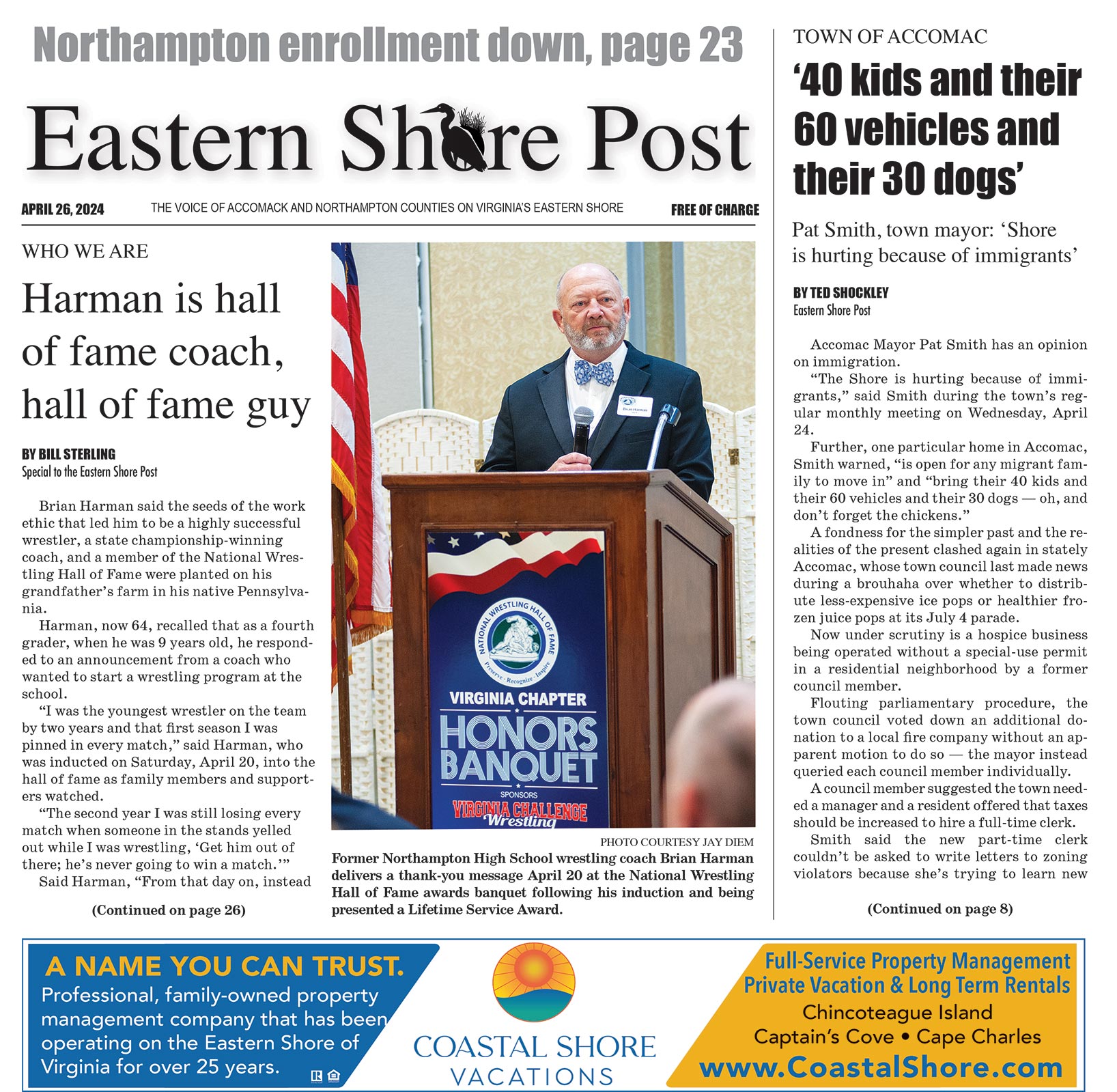By Stefanie Jackson – Roderick Bell, who is originally from Fairview and graduated from Northampton High School in 1991, was a silver winner in the 42nd annual Telly Awards for his documentary, “I Got a Story to Tell,” about the homeless population in Charlotte, N.C.
“It felt good to be nominated and then actually win. There were many other great productions out there as well. I guess the judges thought it was worth something, even though that was not my intent (to enter and win a contest), but I am honored,” he said.
The Telly Awards were established in 1979 to honor excellence in local, regional, and cable TV advertising; categories for non-broadcast video and TV programming were added later.
Bell’s work was selected as a winner out of about 12,000 entries received from all 50 states and five continents.
Bell, who has acted in at least a dozen movie and TV roles, decided in December 2020 “to go behind the camera” after he witnessed the severity of the homeless situation in Charlotte while volunteering for a charitable organization.
“We were feeding the homeless with an organization called Block Love Charlotte. We had got to the end of serving food, but I kept seeing more and more people show up, and I could not understand where they were coming from,” Bell said.
The event organizer pointed him toward an area beneath the expressway. Bell walked under the expressway and found the local homeless encampment dubbed “Tent City.”
There were more than 3,000 homeless individuals in Charlotte at the time, both single persons (including unaccompanied youth) and entire families, which “shocked and amazed” Bell.
“I could not believe what I was seeing,” he said. “People were everywhere, and it really looked like its own city. I was able to talk with some of them to get their story, which ranged from losing their job due to COVID, mental health issues, drugs, or just falling on hard times. It was at this point I realized I had to do something.”
Bell decided to make a documentary and post it on social media to raise awareness about Tent City. He didn’t own any professional film production equipment, so he ordered a microphone and a tripod, which he used with two iPhones to record his film.
He returned to Charlotte and walked through the downtown, stopping along the way to film and interview homeless individuals. Bell arrived at Tent City, where he stayed overnight in his own tent.
“I wanted to see how they survived and lived,” he said of the people of Tent City. “I was only doing this for one night, but they live like this every day.”
“I was a little nervous about staying down there through the night, because I was a new face coming into their territory, but being in the military for 25 years, I have stayed in worse places than that, so I felt somewhat OK. I only slept about three hours that night, because every little sound woke me up and kept me on the edge,” Bell said.
He had brought little more than his tent and extra clothes to protect himself from the cold December weather. Bell said he stayed up late talking to a man named Anthony, who had built a fire at the top of the hill to help keep warm.
Bell left at sunrise, leaving his tent for anyone in need.
He used the footage he collected over approximately 24 hours to create his documentary, which he shared on YouTube and Facebook.
“Again it was to get the word out about homelessness, and that is all I was focusing on at the time,” Bell said.
Then he was contacted by several news outlets and online platforms about airing his documentary on live TV.
He chose to work with HBCU Smart TV, which, as the name suggests, is affiliated with America’s 107 historically Black colleges and universities.
“I was like great, people will see the homeless situation and try to help and help fix it,” Bell said.
He received his Telly Award nomination after the Tent City homeless encampment was dismantled in February 2021 and several residents were given temporary lodging in hotels.
Bell said, “I am not saying I had influence, but it was good to see them get the help they needed.”



